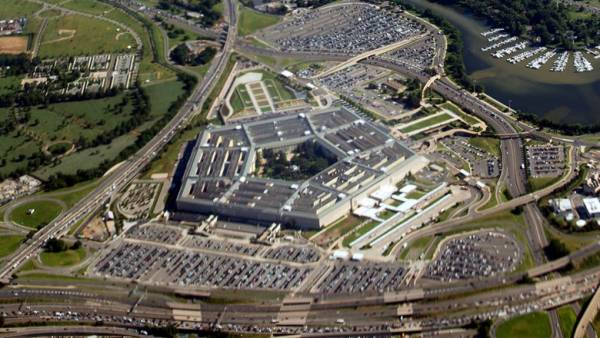WSJ: Bolton’s analysis of the Pentagon data on the possible US attacks on Iran
NEW YORK, January 13. /TASS/. Assistant to the President for national security John Bolton had requested from the Pentagon after a mortar attack in September 2018 in downtown Baghdad, where places including the American Embassy, all White house information about the available Washington the possibilities of attacking Iran.

This was reported in the Sunday newspaper The Wall Street Journal.
According to sources, the request has caused serious concern in the military and in the state Department. “People were shocked,” said a former employee of the administration. “It is incomprehensible how lightly they treated the strikes on Iran,” he added, speaking of the approach to the issue of Bolton and the national security Council (NSC) at the White house.
During the shelling, referred to in the “green zone” in Baghdad exploded three mortar shells, no casualties.
The US believed that the onus is on the Iranian-backed forces in Iraq.
The publication notes that the Pentagon has provided information about existing opportunities for strikes on Iran representatives of the NSS. However, it is not specified if you knew that President Donald trump about this, they have received specified data in the White house, and was there in Washington at that time serious plans for military action against Iran.
“Former officials called disappointing the fact that the NSC requested information about the possibility of far-reaching military strikes on Iran in response to the attack, which had not suffered serious harm and nobody has suffered”, — noted in the material.
The publication provides a review of the representative of the NSS Garrett Marquis. He stated that the Council “coordinates policy and provides President opportunities on a wide variety of expected threats and responses to them.” He added that the us “will consider the full range of opportunities” to ensure the safety of U.S. diplomats in Iraq.